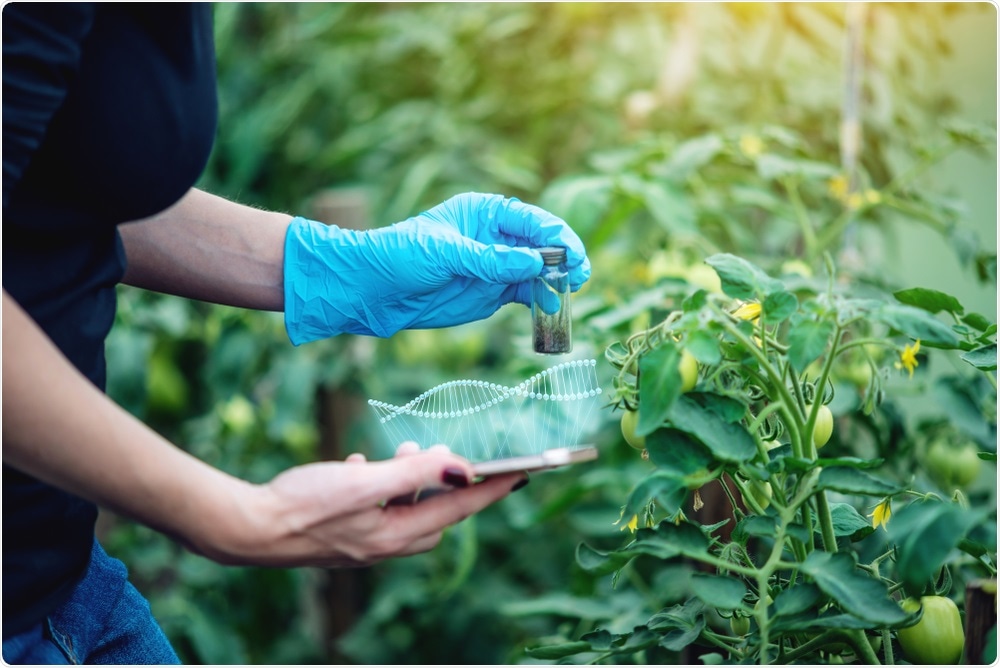Researchers from the University of Göttingen and the University of British Columbia (Canada) have analyzed how people from five different countries respond to different usages of genome editing in the field of agriculture.

Genome Editing in Agriculture. Image Credit: Artem Oleshko/Shutterstock.com
They analyzed the uses that are accepted and how people rate the risks and advantages of the new breeding technologies. The findings of the study showed only slight differences between the countries studied—Italy, Germany, Austria, Canada, and the United States.
In all countries, variations to the genome are more probably acceptable in crops rather than in livestock. The research was published in Agriculture and Human Values.
Comparatively new breeding technologies, like CRISPR gene editing, have offered various new opportunities for plant and animal breeding. In the European Union, the technology comes under genetic engineering legislation and is thus subject to stringent restrictions. But the use of gene technologies is still controversial.
From June to November 2019, the researchers gathered views on this topic from about 3,700 people from five countries through online surveys. They assessed five different applications of gene editing: three related to disease resistance in plants, people, or animals; and two related to realizing either a larger quantity of product from cattle or better quality of produce.
We were able to observe that the purpose of the gene modification plays a major role in how it is rated. If the technology is used to make animals resistant to disease, approval is greater than if the technology is used to increase the output from animals.”
Dr Gesa Busch, Study First Author, University of Göttingen
However, on the whole, the respondents responded very differently to the applications of the new breeding technologies. Respondents fall into four different groups: strong supporters, supporters, neutrals, and opponents of the technology.
The opponents (24%) recognize high risks and call for a ban on the technology, irrespective of the potential advantages. The strong supporters (21%) find few risks and more benefits. The supporters (26%) identify various advantages but also risks. Those who were neutral (29%) had no strong opinion on the subject.
Source:
Journal reference:
Busch, G., et al. (2021) Citizen views on genome editing: effects of species and purpose. Agriculture and Human Values. doi.org/10.1007/s10460-021-10235-9.